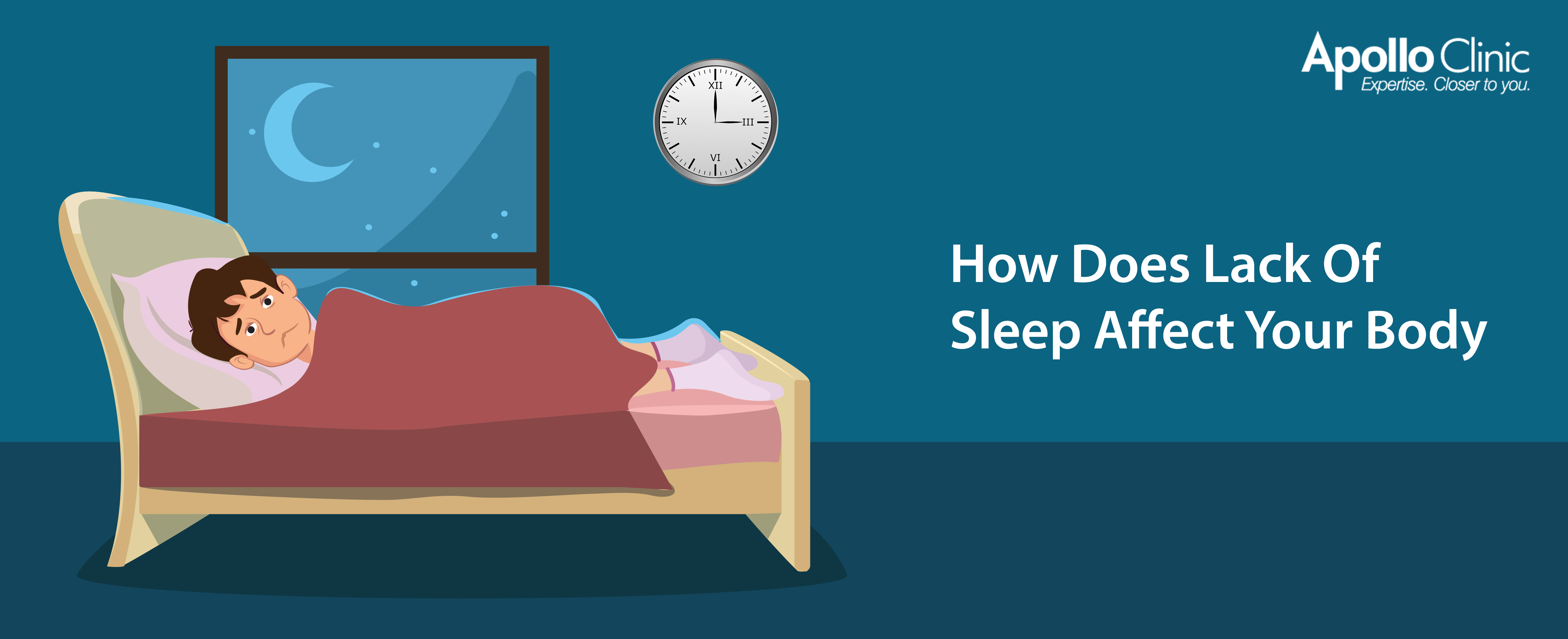Lack of sleep can affect your immune system and reduce your ability to fight infections

Lack of Sleep and Your Immune System

Sleep is an essential part of our daily routine, vital for maintaining our physical and mental well-being. It recharges our bodies, helps improve cognitive function, and plays a critical role in our immune system. However, in today’s busy and fast-paced world, sleep often takes a backseat as we prioritize work, social activities, or personal commitments. As a result, many individuals fail to get enough sleep, unknowingly jeopardizing their immune system and reducing their ability to fight infections.
Research has shown that sleep deprivation has a direct impact on our immune system, leaving us more susceptible to infections, viruses, and even chronic conditions. When we sleep, our bodies produce specific proteins called cytokines, which play a vital role in promoting healthy immune function. These proteins defend our bodies against harmful bacteria and viruses, aiding in the prevention of illness. However, chronic lack of sleep can disrupt the production of cytokines, hindering our immune system’s ability to ward off infections and leaving us more susceptible to diseases.
Moreover, when we don’t get enough sleep, our bodies release stress hormones like cortisol. These hormones not only interfere with our sleep patterns but also suppress our immune system, making it weaker and more vulnerable. Our natural defense mechanisms are compromised, and even minor infections can take longer to heal, leading to prolonged illness and recovery periods.

Furthermore, inadequate sleep affects the production of another essential immune cell called T-cells. These cells play a crucial role in identifying and eliminating infected cells in our bodies. Lack of sleep translates into reduced T-cell production, impairing our immune system’s overall effectiveness. Consequently, this diminishes our ability to fight off infections and increases the risk of illness.
Additionally, sleep deprivation weakens the body’s ability to regulate inflammation. Inflammation is a natural response by the immune system to protect the body against harmful stimuli. However, when our bodies are sleep deprived, this regulation mechanism is disrupted, causing an overactive inflammatory response. Chronic inflammation has been linked to various health problems, including cardiovascular diseases, diabetes, and even certain types of cancer.
In conclusion, sleep deprivation can have detrimental effects on our immune system, leaving us more susceptible to infections, viruses, and chronic illnesses. It disrupts the production of essential proteins and immune cells, weakens our natural defense mechanisms, and impairs our body’s ability to regulate inflammation. In today’s fast-paced world, it is crucial to prioritize sleep as an integral part of our overall health and well-being. By ensuring we get enough quality sleep each night, we can provide our immune system with the support it needs to protect us from illness and maintain optimal health.
Source: Cathe Friedrich
Tags
Share
Related Posts
Quick Links
Legal Stuff

